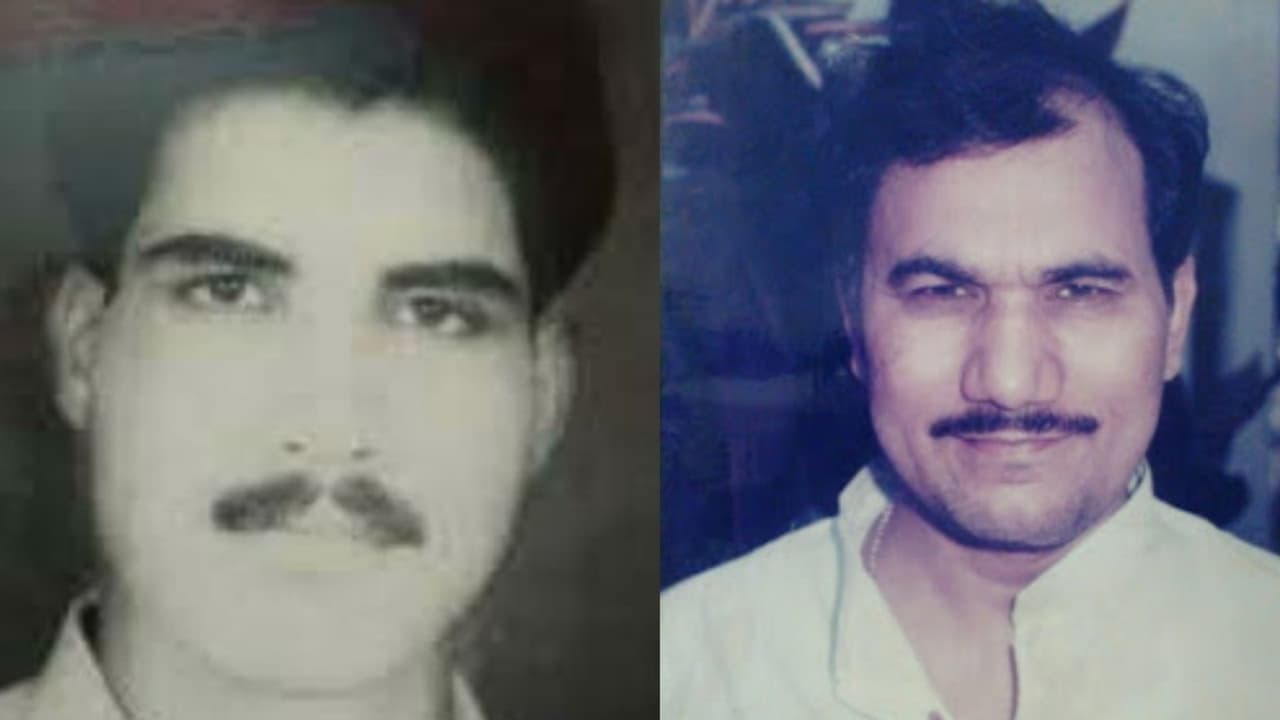Crime dominated Bihar politics in the 90s. His brother Sriprakash killed Minister Brij Bihari Prasad to avenge Chhotan Shukla’s murder. Later, Sriprakash Shukla was also killed in a police encounter.
Patna: Bihar’s politics and crime relationship has always been deep. The 90s was the most scary face of this cocktail, when every election was fixed with bullets, gunpowder and bloodshed. The strength of the leaders was measured not only by the vote of the public, but also with the threat of armed henchmen and gangs with them. During this period, three names echoed in the politics of Bihar, Chhotan Shukla, Sriprakash Shukla and Brij Bihari Prasad. The story of these three connected to each other in such a way that the result ended by going directly to death.
Chhotan Shukla: Bahubali of Muzaffarpur
Chhotan Shukla used to run a single coin of 90s politics in Muzaffarpur. Chhotan, who came out of student politics and became Bahubali, was such a name in the area, which would be fixed to contracts, extortion and even electoral results. Chhotan was now moving towards becoming an MLA and his influence was constantly increasing. But while Chhotan was strengthening his land, on the other hand another name was emerging in the same area, Brij Bihari Prasad.
Brij Bihari Prasad: New player of politics
Brij Bihari Prasad was counted among the leaders close to Lalu Yadav. From the days of studies, he was associated with both crime and politics. He reached the assembly on Janata Dal ticket and gradually became a minister. But they were expanding in the area of Chhotan Shukla. This was the reason that there was certain to confrontation between the two. The city was divided into two parts, the dominance of Chhotan on one side and the politics of Brij Bihari on the other side.
12 September 1994: Chhotan Shukla murdered
An evening with cold winds, bullets were heard on the streets of Muzaffarpur. Chhotan Shukla’s car led to indiscriminate firing and he was piled on the spot. As the news spread, a wave of panic and anger ran throughout the area. The fingers of the people raised directly towards Brij Bihari Prasad. It is believed that Chhotan’s murder was his conspiracy so that his dominance from the area could be eliminated. But this is where a new chapter of enmity started.
Entry of Sriprakash Shukla
Chhotan Shukla’s younger brother Sriprakash Shukla was already a well-known name of the world of crime. But the brother’s murder made him thirsty for blood. Now the purpose of every work was only one, the end of Brij Bihari Prasad. Sriprakash further strengthened the gang and spread his network in both Bihar-Uttar Pradesh. Brij Bihari was a minister, he had commando security. But Sriprakash’s intentions were so sure that he decided that one day it would definitely get a chance.
1998: IGIMS Hospital in Patna
The story took a new turn when Brij Bihari Prasad was arrested in the case of admission scam in technical institutes. After going to jail, he made an excuse for illness and was admitted to the Igims hospital in Patna. There was also a guard of security around him in the hospital, but at the same time Sriprakash Shukla also reached Reiki. Many times he could not come very close to come and attack. But on 13 June 1998, Kismat left Brij Bihari. As soon as the minister reached the hospital that day, the bullets suddenly rain. In a few seconds, the entire hospital campus resonated with the sound of bullets. Brij Bihari Prasad was sieved and died.
Sriprakash riddled with UP police bullets
Sriprakash Shukla came behind the whole incident. The attack had a revenge for Chhotan Shukla’s murder. That link of enmity finally killed Brij Bihari. But Sriprakash could not escape for long. The Uttar Pradesh government formed STF (Special Task Force) to eliminate its terror. Sriprakash Shukla was also killed in an encounter near Delhi on 20 September 1998.
Blood -written politics
Chhotan Shukla, Brij Bihari Prasad and Sriprakash Shukla, all three ended with bullets. This story was not only about three Bahubalis, but also of the era when the politics and crime of Bihar had become two sides of the same coin. This was the time when the electoral battle was determined by the bullets of AK-47, not at the booths of democracy.
